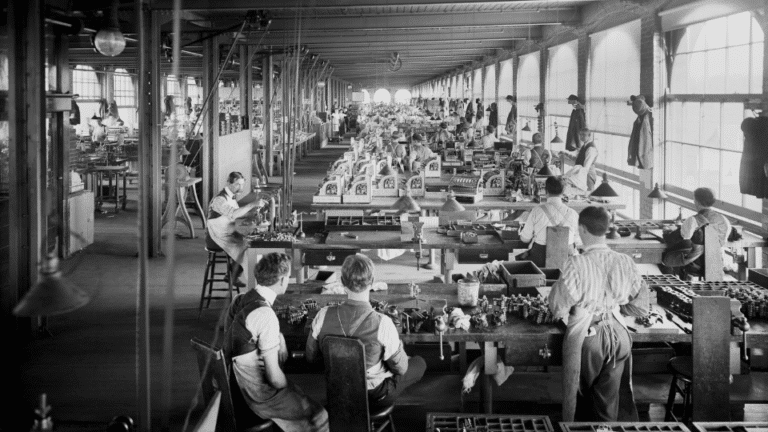In today’s fast-moving world, innovation is a survival skill. Whether you’re launching a breakthrough product, solving a complex technical challenge, or responding to changing market demands, experts are essential. They represent the living state-of-the-art in their field—backed by years of education, experience, and hands-on practice.
But no company, especially in a world of accelerating scientific and technological change, can master every domain internally. That’s why successful innovators learn to tap into external expertise—through collaboration, networking, and increasingly, AI-powered Open Innovation platforms like ideXlab.
Still, finding the right expert is not as simple as typing a query into a search engine. And that leads us to two important questions:
- What exactly makes a “good” expert?
- How do you actually find one?
The Three Qualities of a Good Expert
A “good” expert combines competency, availability, and openness—a trio that’s surprisingly rare.
1. Competency
This is the non-negotiable foundation. Competency means deep, verified knowledge in a specific area, ideally backed by peer-reviewed publications, patents, or significant project experience. In the GenAI era, where AI tools can produce hallucinated sources or outdated claims, this verification is more important than ever. Competency must be grounded in reliable, validated data—not just confident-sounding answers.
2. Availability
An expert who never has time to engage is no expert for you. It’s not uncommon to identify someone who seems perfect on paper—only to find they are overloaded with commitments or uninterested in collaboration. True availability means the expert can dedicate attention to your problem in a timely and meaningful way.
3. Openness
Real-world problems rarely align perfectly with an expert’s narrow specialty. A good expert is curious, adaptable, and willing to learn about your specific context. They listen, empathise, and tailor their advice—not simply hand over a rigid, theoretical solution that’s hard to implement.
The sweet spot? The overlap of all three: deep competency, genuine availability, and an open, collaborative mindset.
How to Find Good Experts in a Noisy World
Open Innovation platforms, especially those enhanced by AI, have revolutionised the way we identify and connect with experts. At ideXlab, the process is built around the very qualities that define a good expert.
Step 1 – Ensuring Competency through Digital Footprints
Our platform analyses the digital footprints left by potential experts—scientific articles, peer-reviewed studies, and patents—to confirm expertise. Bibliometric analysis and network mapping help us pinpoint who is actively contributing to their field, not just talking about it.
Step 2 – Optimising for Availability
Rather than relying on a small, over-contacted pool, we can reach over 10 million experts worldwide. This broad scope increases the chances of finding someone with the time and interest to engage. The result? Higher-quality responses from motivated contributors.
Step 3 – Assessing Openness in Real Time
We often engage multiple experts in parallel to compare perspectives and assess adaptability. Quick, structured exchanges reveal who is genuinely open to understanding your specific challenges—and willing to adjust their expertise accordingly.
Why GenAI + Open Innovation Changes the Game
Generative AI has made it easier to explore vast areas of science and technology. It can suggest potential experts, summarise their publications, and highlight emerging trends. But it can also mislead—through fabricated references, incomplete data, or overconfident generalisations.
By pairing GenAI’s speed with the verified data sources and structured expert engagement of platforms like ideXlab, you get the best of both worlds:
- Fast exploration of the knowledge landscape
- Reliable verification of expertise
- Direct human collaboration to tailor solutions
This hybrid approach shortens the path from question to actionable answer—without compromising quality.
The Expert as a Strategic Asset
In the 21st century, the “good” expert is a rare and strategic asset. The right person can help your company:
- Avoid costly mistakes
- Accelerate R&D
- Open new markets
- Navigate emerging technologies with confidence
With AI-enhanced Open Innovation tools, identifying and connecting with these experts has never been easier. The challenge is no longer finding someone—it’s finding the right one. And that means looking beyond credentials to competency, availability, and openness.











